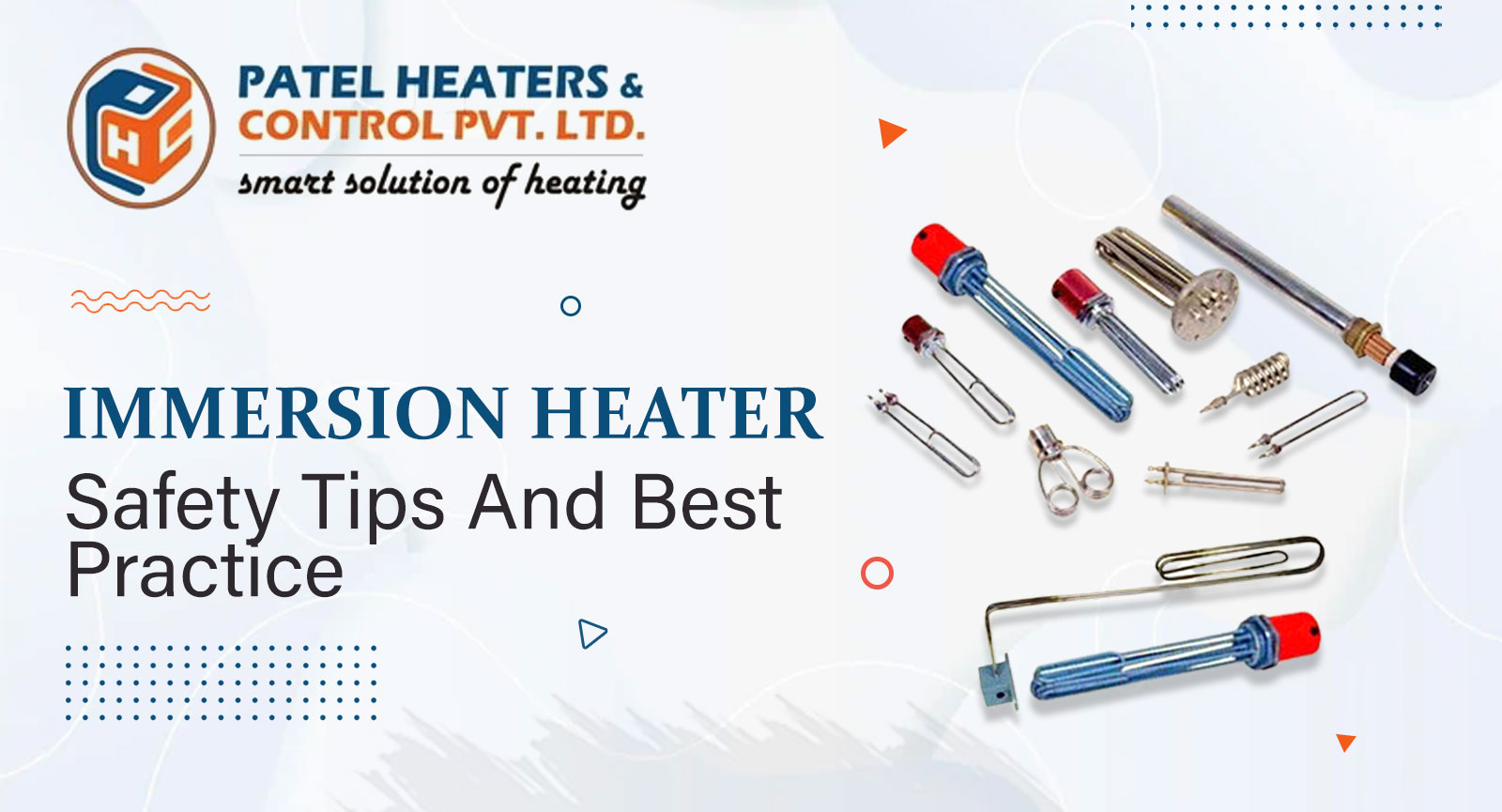Safety Tips And Best Practice
Immersion heaters are popular for heating water, oil, and other liquids. They are affordable, easy to use, and efficient, making them popular for various applications. However, like any heating element, they can be dangerous if not used properly.
Best practices and safety tips:
- Always Read the Instructions
Before using an immersion heater, it’s important to read the manufacturer’s instructions carefully. This will give you a good idea of using the heater safely and effectively. The instructions will also include important information about the heater’s wattage, voltage, and maximum temperature. Make sure you follow these instructions closely to avoid any accidents.
- Check for Damage
Before using an immersion heater, it’s important to check for any damage. Look for any cracks, dents, or other signs of damage on the heating element or the cord. Damaged heaters can be dangerous and can cause electrical shocks or fires.
- Don’t Overheat the Liquid
Cartridge Heater are designed to heat liquids, but it’s important not to overheat them. Overheating can cause the Liquid to boil, which can be dangerous. If the Liquid starts to boil, turn off the heater immediately. If you’re using an immersion heater to heat water, ensure you don’t leave it unattended. If the water boils away, the heater can overheat and become damaged.
- The Heater Should Be Away from Flammable Materials
When using an immersion heater, it’s important to keep it away from any flammable materials. This includes paper, fabric, and other combustible materials. If the heater comes into contact with a flammable material, it can cause a fire. Make sure you keep the heater away from any potential sources of ignition.
- Use a Timer
If you’re using an immersion heater to heat water, using a timer is a good idea. This will ensure you don’t forget about the heater and leave it on too long. Set the timer for the time you need, and turn off the heater when the time is up.
- Use the Right Wattage
When choosing an immersion heater, choosing the right wattage for your needs is important. A low-wattage heater will be sufficient if you’re heating a small amount of Liquid. If you’re heating a larger volume of Liquid, you’ll need a higher-wattage heater. Ensure you choose the right wattage to avoid overheating or damaging the heater.
- Don’t Use the Heater in a Metal Container
Heaters provided by Immersion heaters suppliers in India should not be used in metal containers. This is because the metal can conduct electricity and cause a short circuit. Instead, use a plastic or glass container that is designed for use with heaters.
- Turn off the Heater Before Removing it from the Liquid
When you’re finished using the immersion heater, turn it off before removing it from the Liquid. This will prevent any electrical shocks or burns. Wait for the heater to cool down before removing it from the Liquid.
- Store the Heater Safely
When you’re not using the immersion heater, store it safely. Ensure it’s in a dry place, away from any potential sources of moisture. Don’t store the heater where it can be easily knocked over or damaged.
Conclusion:
Immersion heaters are incredibly useful and versatile tools for heating liquids and gases in various settings, from homes to industrial applications. By following the safety tips and best practices discussed in this article, users of heaters can significantly reduce the likelihood of accidents. It is crucial to prioritize safety and always use heaters as intended and by manufacturer instructions. With proper care and attention, heaters can be a reliable and efficient heating solution for various applications.
One can get their hands on the best heaters offered by Immersion heaters manufacturers in India such as Patel Heaters & Control Pvt Ltd, that is the best in the industry.
Patel Heaters
Patel Heaters and Control has immense expertise in the manufacturing of Industrial heaters and heating elements. We have been providing heating solutions to our clients since 1982.






